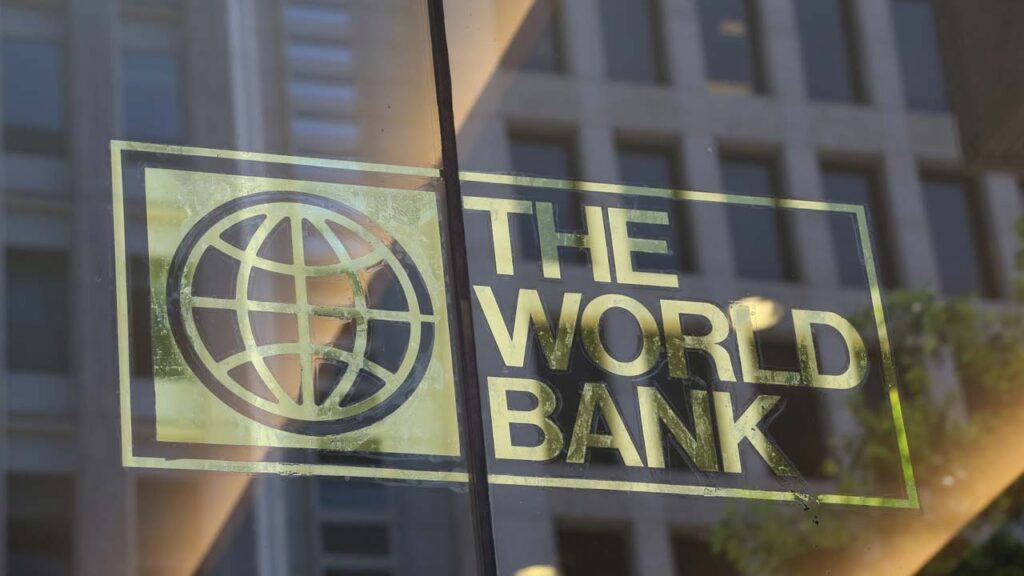
In an effort to address pressing economic challenges, Nigeria has secured a $500 million loan from the World Bank to support its *Community Action for Resilience and Economic Stimulus Program.
Confirmed on March 28, 2025, the funding is expected to provide much-needed relief to vulnerable households and small businesses struggling with inflation, food insecurity, and economic instability. The initiative focuses on grassroots interventions aimed at strengthening community resilience. It includes targeted grants and livelihood support for low-income families and enterprises, alongside efforts to improve food security and create economic opportunities for those most affected by recent disruptions.
According to the World Bank, the program is a crucial step in tackling systemic vulnerabilities within Nigeria’s economy. By directing resources to underserved communities, it aims to ease the burden of rising living costs while promoting sustainable growth.
This $500 million loan is part of a broader financial package, with two additional funding agreements awaiting final approval. One, valued at $80 million, is designated to improve nutrition outcomes nationwide. Another $485.08 million loan from the International Bank for Reconstruction and Development (IBRD) accounts for 1.13% of Nigeria’s external obligations.
However, experts caution that without improved transparency and accountability, the intended benefits of these funds may not be realized. They emphasize the need for timely implementation and effective management to ensure that borrowed resources translate into tangible improvements for Nigerians. As Nigeria continues its economic recovery efforts, the success of these initiatives will depend on careful planning, coordination, and execution. For now, attention remains on how these new loans will be utilized to drive meaningful change.




